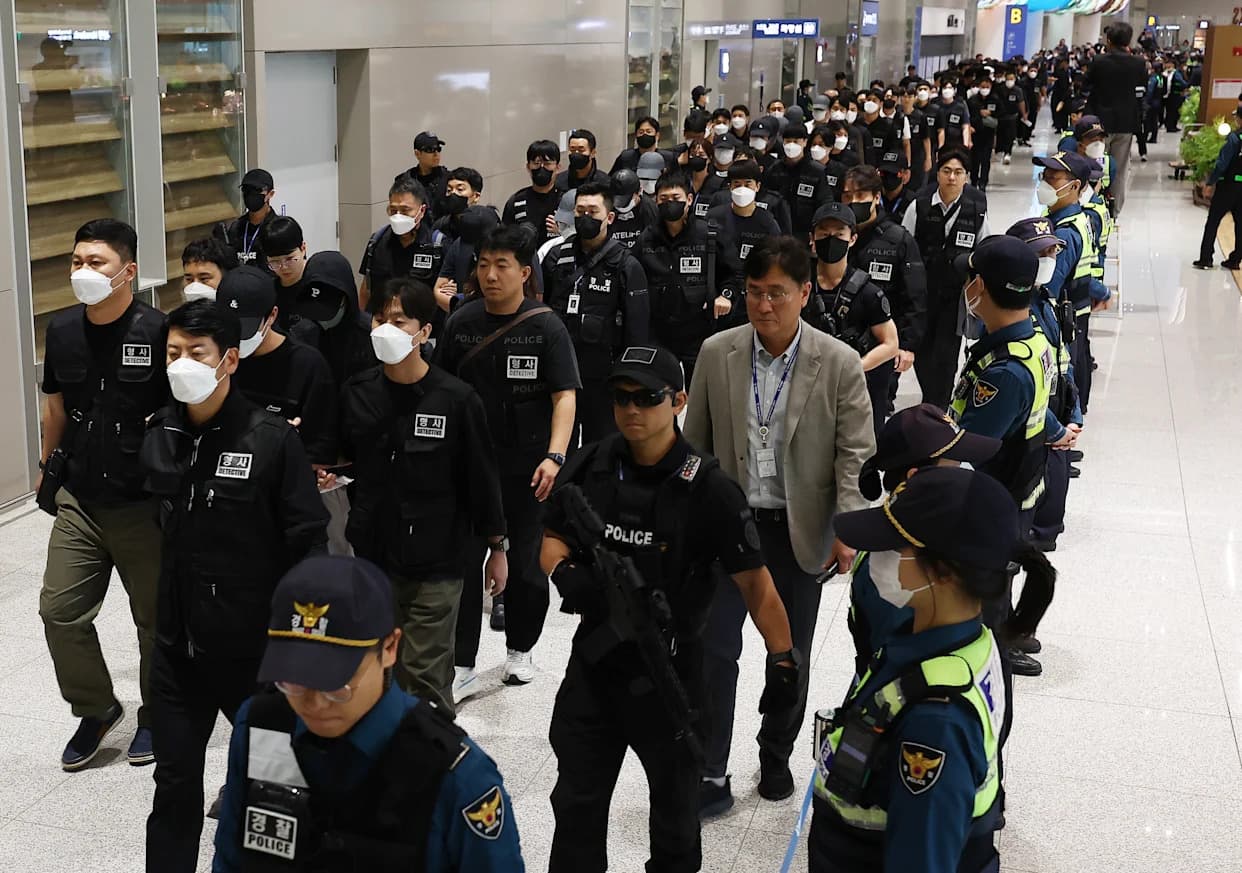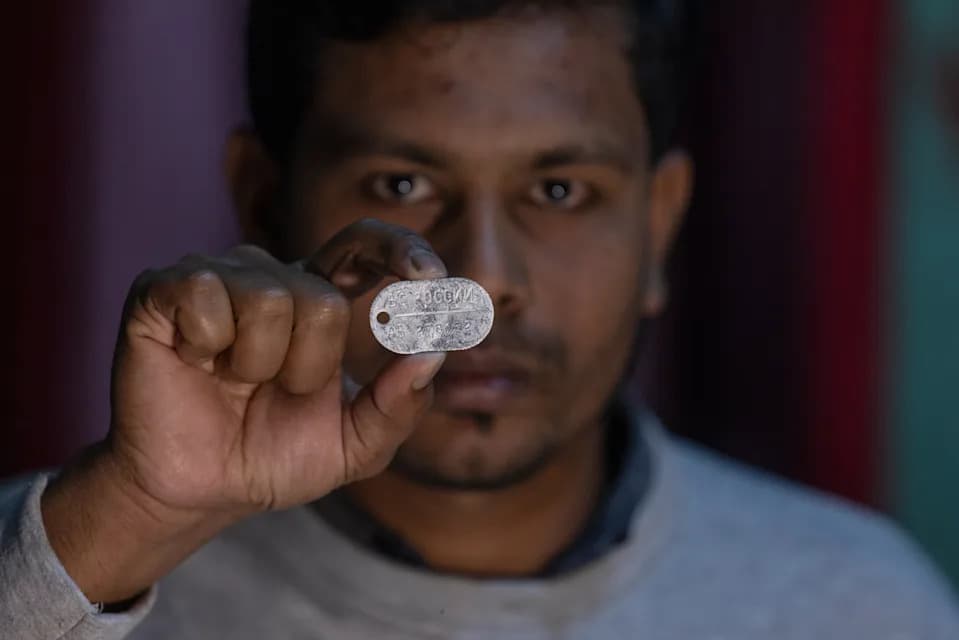Summary: Late‑October raids on Myanmar’s KK Park scam compound prompted about 1,500 people from 28 nationalities to flee into Thailand, while many others were quickly re‑recruited or sold to neighbouring fraud factories. The operations mix trafficked victims and voluntary workers drawn by high pay, and experts say meaningful action requires arresting and prosecuting ringleaders and seizing their assets. The raids appear limited in scope and did not halt the wider scam networks profiting from anonymous crypto flows.
Raid on Myanmar’s KK Park Fuels Rush to Re‑recruit Scam Workers Across Border

Raid on Myanmar’s KK Park Fuels Rush to Re‑recruit Scam Workers Across Border
Late‑October raids on KK Park, one of Myanmar’s most notorious internet scam compounds, triggered a scramble as fleeing workers sought new placements at neighbouring fraud factories, AFP reports. Authorities say roughly 1,500 people from 28 nationalities crossed into Thailand after the operation, while many others remained in the area and were quickly absorbed by other scam operations.
Scam hubs across Southeast Asia run elaborate romance and cryptocurrency cons that siphon billions from victims each year. Analysts say staff at these internet "sweatshops" are a mixture of trafficked victims and voluntary recruits attracted by high pay — advertised monthly wages in some compounds reach up to $1,400.
One Chinese man who described himself as a voluntary scam worker told AFP that on October 23 a few hundred people who fled KK Park showed up at his compound about three kilometres away. He spoke on condition of anonymity for safety, and shared a live messaging‑app location placing him near the Thai border.
"Some people will be picked up by unscrupulous bosses, while others will be picked up by good companies. It all depends on your luck," the man said.
Jason Tower, a senior expert at the Global Initiative Against Transnational Organized Crime, said many of those who left KK Park have simply been "re‑recruited" by rival gangs. "There are some people looking for a new location to engage in scamming from. They might see this as a job," Tower told AFP.
A UN report estimated that victims in Southeast and East Asia lost up to $37 billion in 2023 alone, with global losses likely much higher. The illicit earnings, anonymous crypto flows and widespread under‑reporting by embarrassed victims make total losses hard to quantify.
Myanmar’s conflict‑scarred borderlands — where governance is weak and armed groups operate — have proved fertile ground for such hubs. The junta that seized power in 2021 has been accused of turning a blind eye to centres that enrich allied militias, even as it faces diplomatic pressure from China over hubs that recruit and target Chinese nationals.
Officials said junta forces seized roughly 200 buildings in KK Park and encountered more than 2,000 suspected scammers. Thai provincial authorities reported about 1,500 people from 28 nationalities crossed into Thailand, including an estimated 500 Indian nationals and 200 Filipinos.
Distinguishing trafficking victims from willing scammers presents a major challenge for authorities and aid agencies. A Filipino man who fled KK Park on October 22 described escaping with about 30 compatriots as a pro‑junta militia arrived to assist the crackdown. He said he boarded a boat and crossed into western Thailand with only a few possessions.
Estimates suggest KK Park may have employed as many as 20,000 people at its peak, the majority believed to be Chinese nationals — so the Thai arrivals likely represent under 10% of the workforce. Local insiders told AFP that armed groups and recruiters in the area sought to profit from the disruption: unemployed scam workers were reportedly "sold" to other operations for sums said to be as high as $70,000.
Rights advocates say meaningful enforcement must go after the ringleaders and financiers who run the networks. "They must be arrested, prosecuted, and have all their assets seized," Jay Kritiya of the Civil Society Network for Human Trafficking Victims Assistance told AFP. "That's the real crackdown."
Key facts:
- Raid on KK Park in late October prompted an exodus of ~1,500 people into Thailand.
- Workers came from 28 nationalities; large contingents included Indians and Filipinos.
- Scam compounds blend coerced trafficking and voluntary recruitment, with advertised pay up to $1,400/month.
- Analysts urge targeting of Chinese ringleaders and asset seizures to disrupt networks.
Help us improve.




























